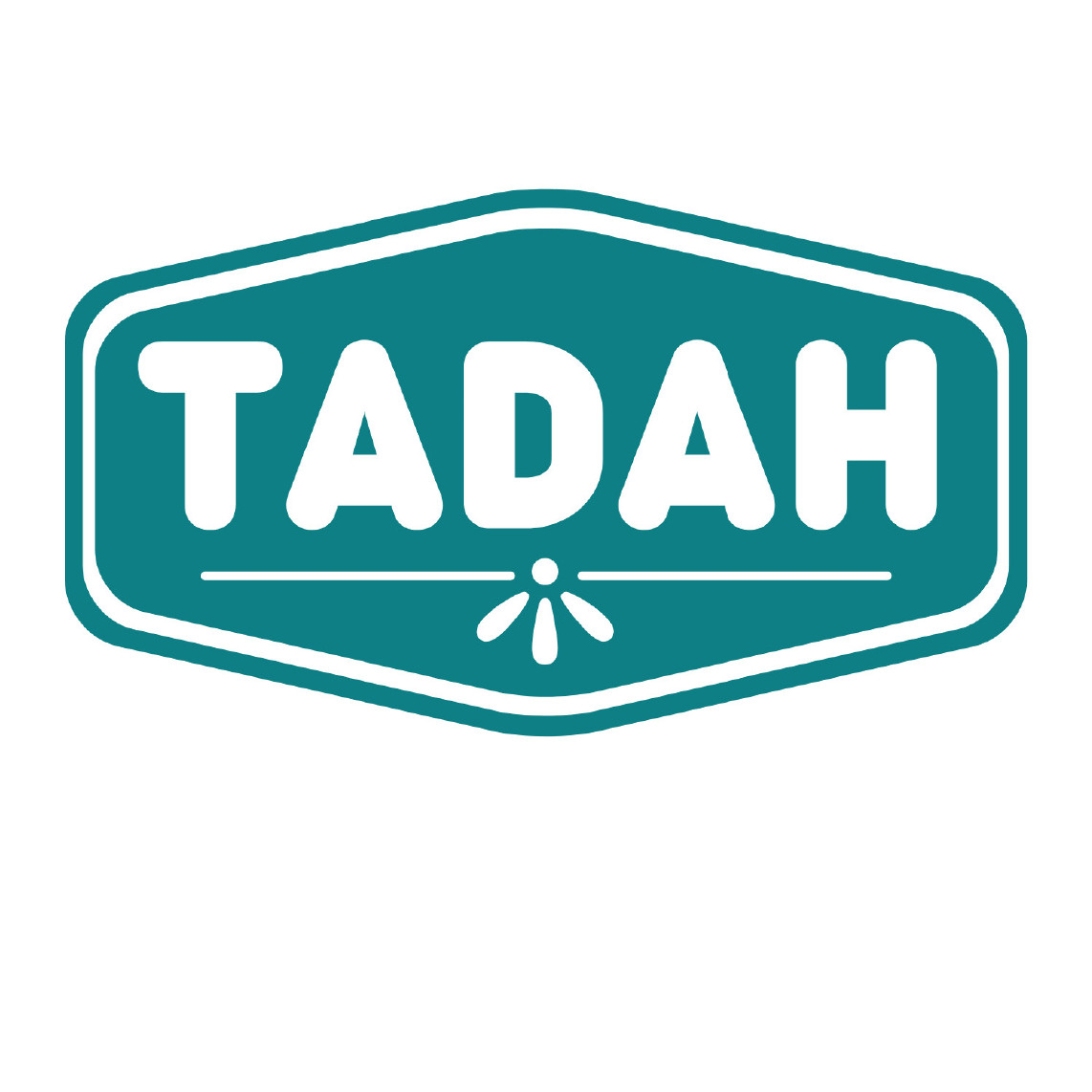Quantum AI Erfahrungen: Comparison with Other Platforms
Quantum Artificial Intelligence (AI) is a cutting-edge technology that combines the principles of quantum mechanics with machine learning algorithms to create powerful computing systems. These quantum AI platforms have the potential to revolutionize various industries by providing unprecedented computing power and solving complex problems at speeds that traditional computers cannot match. In this article, we will explore the experiences of users with Quantum AI and compare it with other platforms to understand its advantages and limitations.
Quantum AI is a relatively new technology that is still in the experimental stage, but it has already shown promising results in various fields such as healthcare, finance, and logistics. Users have reported significant improvements in processing time, accuracy, and efficiency when using Quantum AI compared to traditional AI systems. One of the key advantages of Quantum AI is its ability to process massive amounts of data in parallel, making it ideal for tasks that require high-speed calculations.
Compared to other platforms like classical AI and machine learning, Quantum AI offers several unique features that set it apart. For example, Quantum AI can handle complex problems that are currently impossible for classical computers to solve, such as optimizing supply chains, drug discovery, and weather forecasting. Additionally, Quantum AI systems are more resistant to errors and can perform calculations with higher precision due to the principles of quantum mechanics.
Despite its numerous benefits, Quantum AI also faces challenges and limitations that need to be addressed. One of the main obstacles is the high cost of building and maintaining Quantum AI systems, which can be prohibitive for small and medium-sized businesses. Moreover, Quantum AI technologies are still in the early stages of development, and there is limited support and expertise available for users to fully harness their potential.
To better understand the experiences of users with Quantum AI, let’s compare it with other platforms:
Quantum AI
- Utilizes principles of quantum mechanics for faster computation.
- Capable of processing massive amounts of data in parallel.
- More resistant to errors and higher precision in calculations.
- Suitable for solving complex problems that classical computers cannot handle.
Classical AI
- Relies on machine learning algorithms to perform tasks.
- Limited by processing speed and data capacity of traditional computers.
- Less accurate and prone to errors compared to Quantum AI.
- Suitable for simpler tasks that do not require high-speed calculations.
Machine Learning
- Focuses on training algorithms to perform specific tasks without explicit programming.
- Requires large amounts of labeled data for training purposes.
- Less efficient in handling complex problems compared to Quantum AI.
- More widely used and accessible for businesses of all sizes.
In conclusion, Quantum AI offers a unique set of advantages and capabilities that set it apart from other platforms like classical AI and machine learning. While Quantum AI is still in the early stages of development and faces challenges in terms of quantum ai seriös cost and expertise, it has the potential to revolutionize various industries and drive innovation in computing technology. As users continue to explore and experiment with Quantum AI, we can expect to see rapid advancements and new applications that push the boundaries of what is possible in artificial intelligence.
